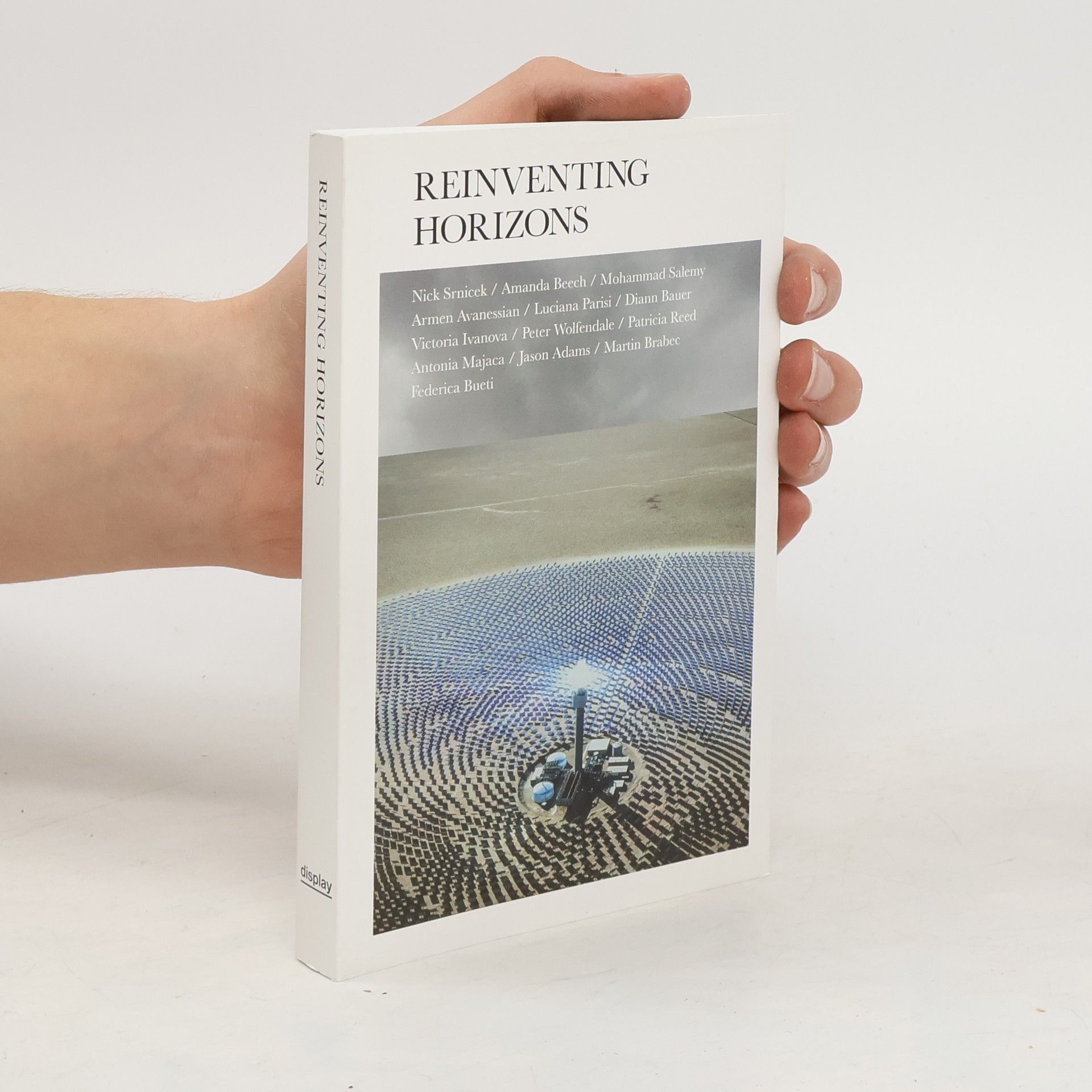Speculative Ecologies: Plotting Through The Mesh
- 219 páginas
- 8 horas de lectura



Současná akceleracionistická filozofie čím dál více slouží jako jistý bod propojení, který v sobě propojuje různorodé pokusy o přeformulování dřímajících společenských možností, odcizených kánonů, i mimolidské estetiky, které v současném diskurzu rezonují. V kontextu těchto probíhajících debat chceme vznést následující otázky: Jakým způsobem můžeme, tváří v tvář společenským výzvám i širému prostoru dalekého vesmíru, smysluplně působit? Jak odhodit pouta současnosti? Jaké jsou možnosti a podmínky spekulativního a akceleracionistického diskurzu, a jaké výsledky můžeme od takového projektu očekávat? Toto je smysl Reinventing Horizons. The current state of accelerationist philosophy increasingly appears to serve as a point of coalescence for various attempts at redefining diverse potentialities, estranged objectivities and inhumanisms which circulate the contemporary discourse. We attempt to add to these discourses by asking the following questions. What can we do within the confines of present conditions, while facing these challenges, agencies and vast spaces beyond? How can we unbind the shackles of the present? What are the possibilities and conditions of speculative and accelerationist discourses, and what are the investments and aspirations for such an endeavour? That is what we mean by Reinventing Horizons.
Contributors: Alexander R. Galloway, Marco Donnarumma, Sam Samiee, Paul Chaney, Sarah Kember, Martin Stefl, David Bates, Louis Armand, Vaclav Janoscik, Inigo Wilkins The title of the book is predicated on the basis of a tri-partite framework - the algorithm, the allegory & the rhythm of their mutual interaction. Oscillating between the algorithmic & the representational, the human agent navigates its environmental niche in a way which is conducive to its further psychological, social, & biological existence. Yet how transparent & how predetermined is such a dynamic? Where are the points of contact, friction & overlap within the variegated pulls & counteractive fl ows inherent in the choreography of the "democracy of objects," & how conducive is such an ecology of relations to the continuing survival of the human, here understood as an intersectional juncture between the biological, technological, cultural, semiotic etc?